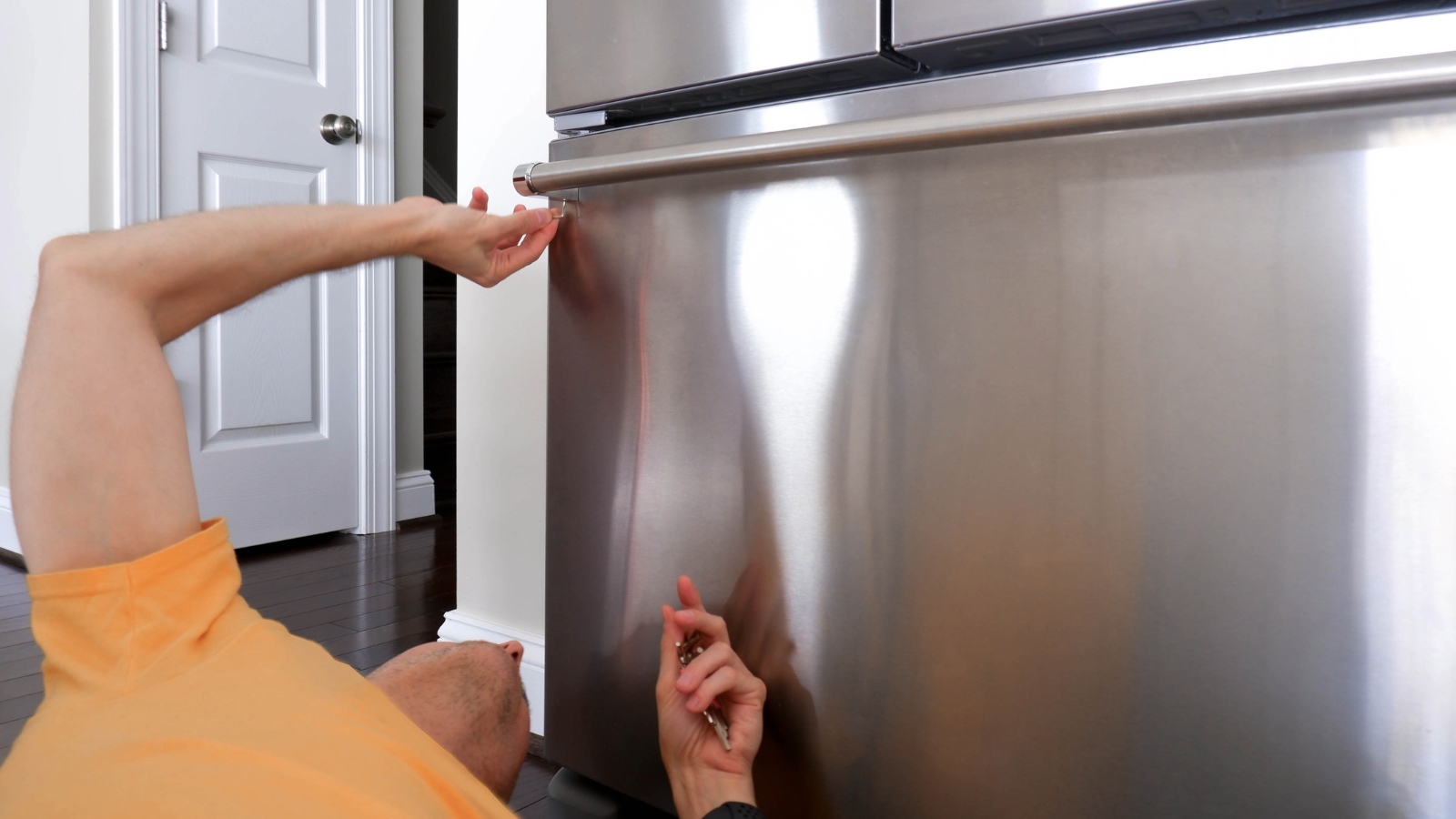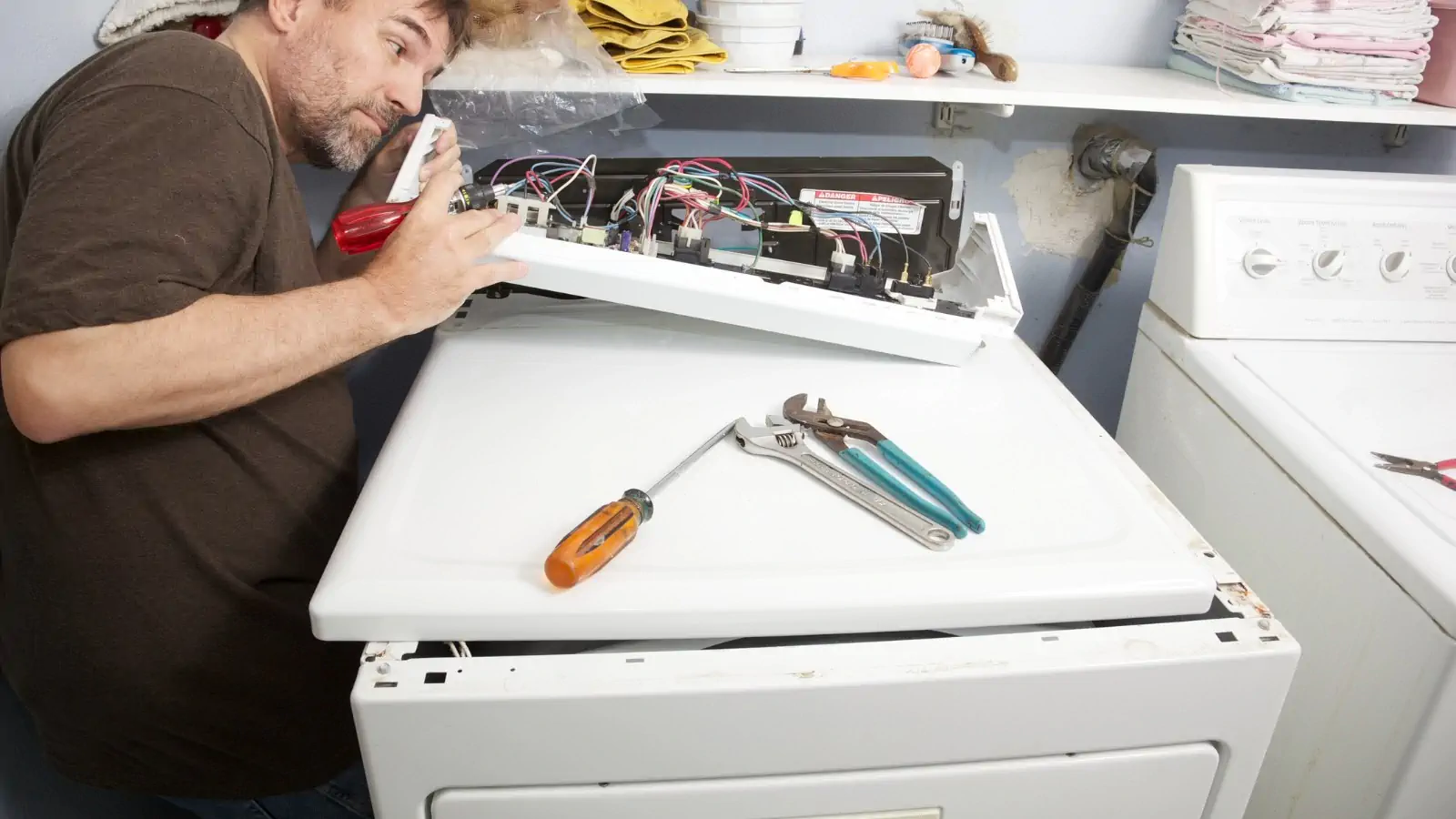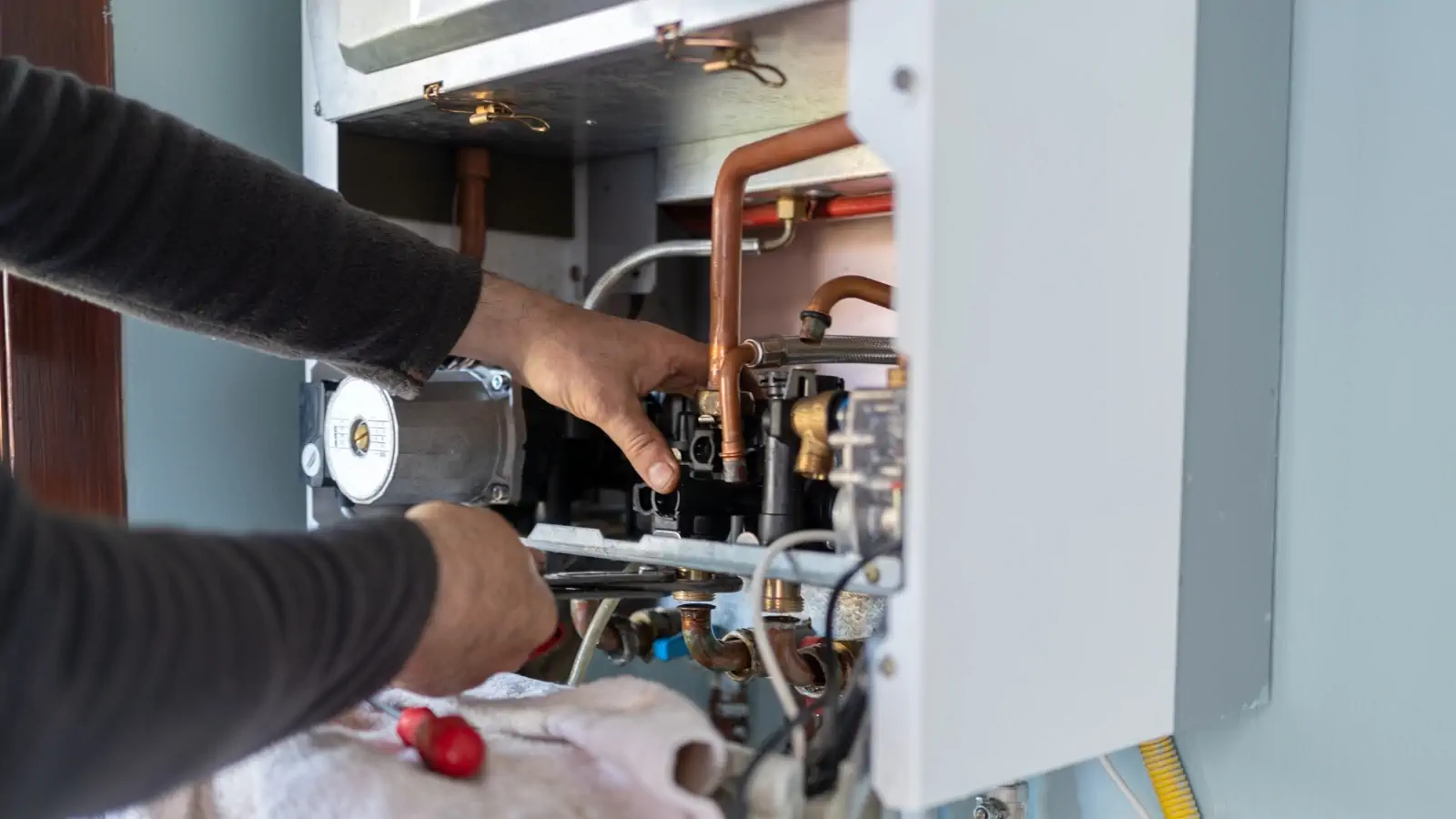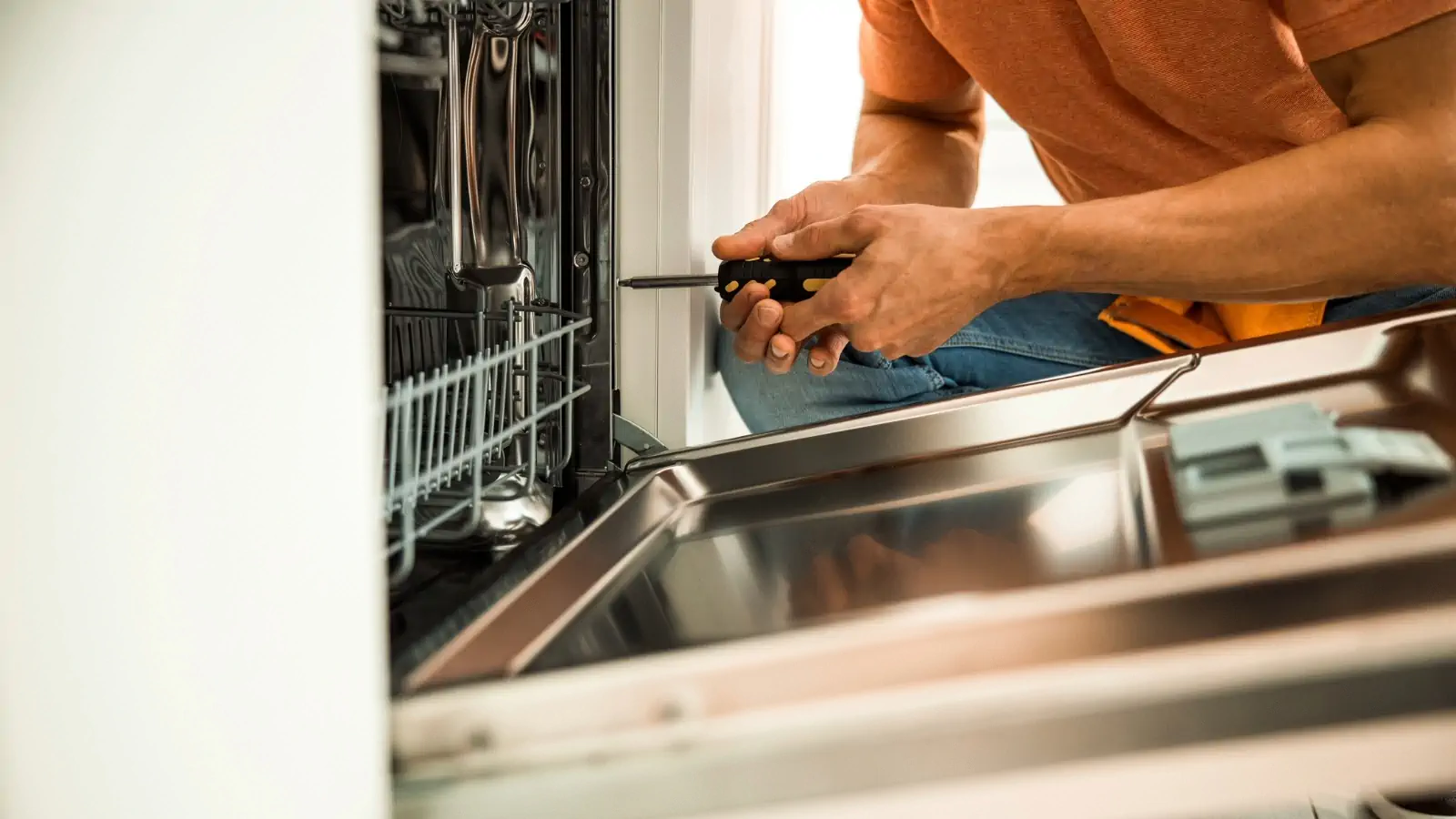If your household appliances are nearing the end of their life span, you might be torn between opting for a repair or a full replacement. Some appliances will clearly display signs that they're on the brink of breaking down. However, others might give you more subtle hints. Keep an eye out for these common appliance problems to help you decide whether to tackle the issue yourself or seek professional assistance.
Signs Your Appliances Need Repair
1. Refrigerator & Freezer

- Warm to the Touch: If your fridge feels unusually warm, the compressor might be failing. This can result in spoiled food and higher energy bills. A repair typically costs around $200, which is cheaper than replacing the fridge entirely.
- Odd Noises: Unusual sounds often indicate a compressor issue. Ignoring this could lead to further damage, so it’s best to call a professional sooner rather than later.
- Food Spoilage or Warm Spots: If your fridge isn't cooling evenly, check the thermostat (it should be set between 0°F and 4°F). If food is still warm, a blocked vent or failing compressor might be the culprit.
- Excessive Frost Buildup: Too much frost suggests that the defrost system isn't working properly. This could point to a malfunctioning component that needs addressing.
- Water Leaks: Pooling water at the bottom of your fridge might mean a clogged drain or a more serious internal problem.
- Door Won't Stay Closed: If your fridge or freezer door won't shut properly, inspect the seals. Damaged seals are relatively easy to fix but ignoring them can increase your energy consumption over time.
2. Dishwasher

- Dishes Come Out Dirty or Residue-Ridden: Clogged spray arms or a broken filter could be the reason behind this. A professional can resolve this issue, preventing unnecessary water and energy waste.
- Dishes Are Cold After a Cycle: If your dishes don’t feel warm after a wash, the heating element might be broken, meaning your dishwasher isn’t sanitizing effectively.
- Strange Smells: Persistent odors may suggest bacterial or mold growth inside the dishwasher. Have it inspected by a professional to avoid health risks.
- Water Pooling Inside or Leaking Onto the Floor: Accumulated water or leaks indicate drainage or pump issues, which can cause significant damage if not repaired promptly.
3. Washer

- Washer Doesn’t Fill, Spin, or Drain Properly: If your washer isn’t functioning correctly, the pump might need replacing. This usually costs between $75 and $200.
- Leaking Water: Inspect the hoses for kinks or the filter for clogs, as these could be the source of leaks.
- Unusual Vibrations or Movements: Excessive movement or noise might indicate an unbalanced load or worn-out drum or bearings.
4. Dryer

- Takes Too Long to Dry Clothes: If your dryer is taking too long, the vent might be blocked, or the heating element could be failing.
- Strange Noises: A loud dryer probably needs a belt replacement, which costs approximately $200.
- Clothes Aren’t Getting Hot: If your clothes aren’t drying, the heating element might be faulty, or the vent could be clogged.
- Gas Dryer Ignition Coil Issues: For gas dryers, failing ignition coils can pose safety risks, so regular replacement is advisable.
5. Range/Stove
- Burners Won’t Light or Heat Unevenly: Clogged burners or misaligned parts might be the cause. However, for gas stoves, recurring issues could point to a faulty ignition.
- Oven Temperature Is Off: Uneven heating might require thermostat or heating element repair.
- Sparks or Strange Noises: These are signs of potential electrical hazards and should be checked immediately by a technician.
- Gas Smell: If you notice a gas smell near your stove, turn off the appliance and contact a professional right away—it could indicate a dangerous leak.
6. Water Heater

- Water Takes Longer to Heat: This could be due to a burnt-out heating element or a malfunctioning burner requiring replacement.
- Rusty Water: Rust in your water might mean your tank is corroding internally, potentially leading to leaks or tank rupture.
- Rumbling Noises: Sediment buildup in the tank can cause rumbling sounds. If ignored, it might lead to tank failure.
- Water Around the Base of the Unit: Water pooling around your heater indicates a leak. Contact a professional immediately to avoid water damage or mold growth.
Repair vs. Replace Your Appliances

If the repair cost exceeds half the price of a new appliance, it’s generally more cost-effective to replace it. Newer appliances are also more energy-efficient, helping you save money in the long term. Pay attention to these warning signs to ensure smooth operation at home. When in doubt, always call a professional—early repairs can save you both time and stress.
Get a Backup Plan
Do you have a backup plan? Specifically, a protection plan? Avoid unexpected expenses with the Rümi Appliance Home Protection Plan. It covers repairs for your fridge, dishwasher, washer, dryer, and stove—even if they’re no longer under warranty. You’ll also receive free advice from home inspectors and legal support for homeowner-related issues. It’s the ultimate safety net for homeowners, especially those with older appliances.
cellulose ether has many types of products in different applications, HPMC, CMC, EC, MCC, MC and so on.
Cellulose Ethers,Hydroxypropyl Cellulose,Microcrystalline Cellulose,Ethyl Cellulose
Santo Chemical Limited , https://www.santchem.com
